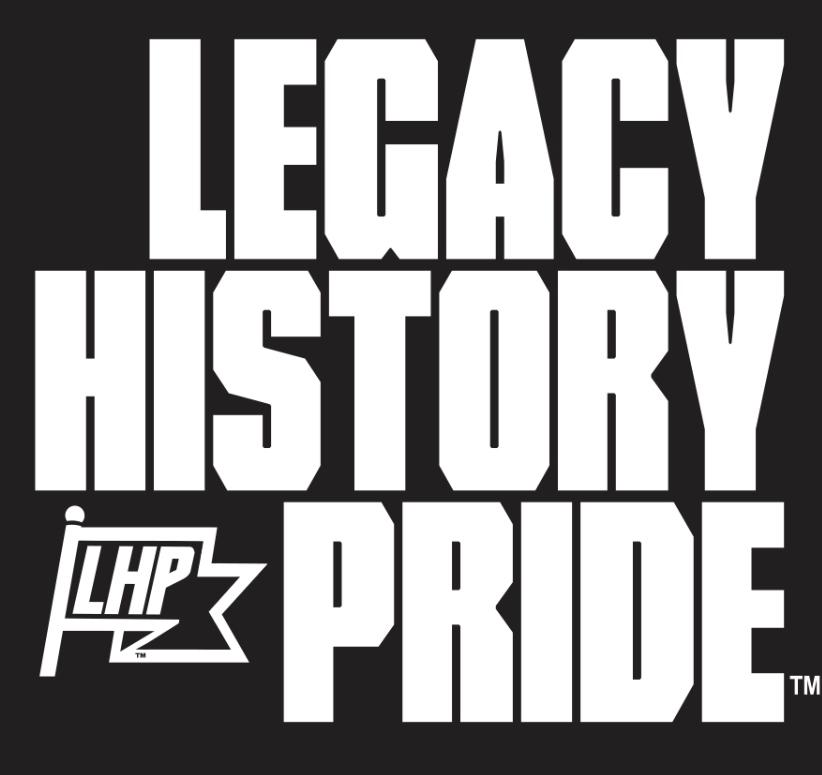HBCU Growth

In the larger dialogue of HBCUs, there are countless articles deeming that these institutions are on their way out. With financial struggles, poor business models, funding needs, and a plethora of other reasons, many believe this narrative of decline to be accurate. However, this isn't all true. While there are unmistakable factors that contribute to decreased attendance—like tuition costs or PWI recruitment—there are just as many positive points to make about HBCU growth. This is especially true within the last two years since so much has shifted in our country.
Many HBCUs have recently celebrated huge successes in enrollment with some even breaking records. NC A&T reported a student body of 11,877 in 2017, the largest in school history. In the same year, Elizabeth State University was proud to state that, for the first time in seven years, they saw a blatant increase in enrollment. Kentucky State University saw a 162.9% increase in student enrollment in 2017 as well. Dozens of other HBCUs—Spelman, Clark Atlanta, Morehouse, Texas Southern, and Howard—have seen increased interest and enrollment. This stands in the face of the argument that HBCUs are failing. In reality, the current state of the country has actually worked in HBCUs' favor—more black students and their parents are considering these schools over PWIs. This is not to suggest that every HBCU is seeing a rise—Cheyney University of Pennsylvania unfortunately saw a 38% decrease in enrollment totals in 2018.
Outside of enrollment, there are companies, foundations, and celebrities offering HBCUs a helping hand. In 2018, The National Park Service (NPS) awarded $8.6 million in grant funding to support projects that preserve significant historic structures on 18 HBCU campuses. The schools chosen are: Philander Smith College, Howard University, Delaware State University, Clark Atlanta University, Fort Valley State University, Harris-Stowe State University, Tougaloo College, Johnson C. Smith University, Livingstone College, Shaw University, Saint Augustine University, South Carolina State University, Voorhees College (State of South Carolina), Benedict College, Virginia Union University, Hampton University, Virginia State University, and Virginia University of Lynchburg.
Everyone heard about Beyoncé's landmark performance at Coachella 2018, which dazzled the audience with an HBCU theme. She created her own sorority for the show—Beta Delta Kappa—that was flashed onstage on T-shirts, sweatshirts, and even the drums of the marching band. This performance highlighted how exciting and utterly inviting HBCU culture is through interludes of step and band performances. With this, Beyoncé launched a collection of her Beta Delta Kappa apparel, with proceeds going to the United Negro College Fund. After Coachella, she announced the Homecoming Scholars awards program. This program will award four $25,000 grants each to Xavier, Wilberforce, Tuskegee, and Bethune-Cookman. In 2017, Beyoncé also established the Formation Scholars awards program for the women of Spelman and Howard. This also included the Berklee College of Music and Parsons School of Design. Her philanthropic efforts celebrate and support HBCUs, which will hopefully aid their progress.
Other celebrities and professional athletes like Isaiah Thomas, Oprah Winfrey, Tom Joyner, and Kevin Hart are working to give HBCUs a financial boost and students a shot at graduating with little to no debt. Their support will affect the overall growth of these institutions. As campuses renovate buildings, build new dorms, and offer more scholarships, enrollment totals begin to increase. To posit that HBCUs are declining is to see only the negative elements of a rather large number of facets. While they are not the well-oiled machines they could be, HBCUs are gathering speed once again. HBCU progress, while slow, keeps on inching along.

